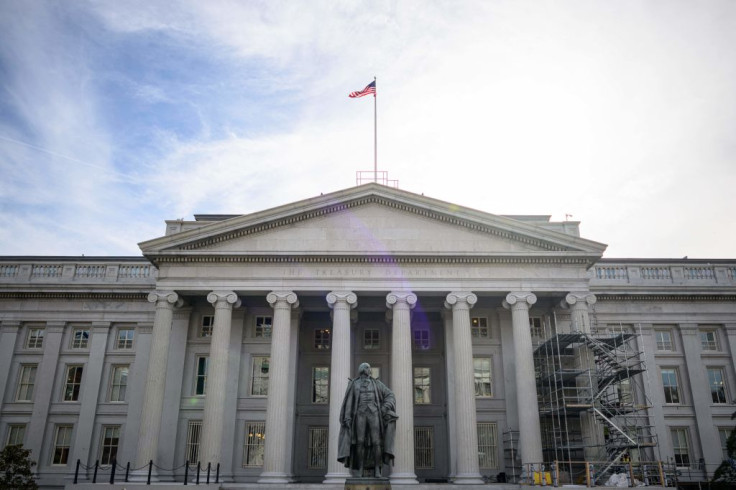
As part of its fight against the opioid crisis that has killed thousands of Americans, the Department of the Treasury's Office of Foreign Assets Control (OFAC) issued new sanctions against one of Mexico's biggest drug cartels, targeting a key structure of the Cartel Jalisco Nueva Generación (CJNG).
The OFAC announced sanctions on nine Mexican nationals involved in fentanyl, heroin and other deadly drug trafficking and money laundering. The agency said that the suspects played a prominent role in the early stages of the U.S. opioid crisis, a leading factor driving the U.S.'s modern fentanyl crisis.
They accuse Roberto Castellanos Meza, Ivan Atzayacatl Castañeda Meza, Giovanni Castañeda Meza and Juan Carlos Castañeda Meza of being part of the group known as the "Bonques Brothers," an influential group of heorin and cocaine trafficking associates with close links to the Jalisco Cartel and its leader, Rubén Oseguera Cervantes, a.k.a "El Mencho."
Who are the "Bonques Brothers?"
According to the OFAC, the "Bonques Brothers" were among the most prominent heroin trafficking families from Jalisco that made their way into California by the early 1990s.
Castellanos Meza is believed to own opium fields in the mountainous terrain of the state of Nayarit and produces heroin.
The group has great influence over heroin trafficking in the Jalisco-Nayarit region and runs distribution networks operating in cities across the U.S.
The OFAC designated sanctions over the "Bonques Brothers" for having engaged in, or attempted to engage in, activities that have materially contributed to the international proliferation of illicit drugs.
Another sanction for Mexican cartels
Over the past two years, Treasury has sanctioned more than 350 targets for involvement in drug trafficking activities at all stages of the supply chain, from major cartel leaders to under-the-radar labs, transportation networks, and chemical suppliers.
As a result of the sanction, all property and interests in property of the designated persons in the U.S. or under U.S. control are blocked. U.S. persons are also prohibited from engaging in transactions involving these assets, with potential civil or criminal penalties for violations. Non-U.S. persons are also restricted from causing U.S. persons to violate these sanctions.
"Today's action underscores our commitment to target the networks of suppliers and facilitators that enable the illicit flow of deadly drugs into the United States, endangering the lives of our citizens," said Acting Under Secretary of the Treasury for Terrorism and Financial Intelligence Bradley T. Smith.
Among others indicted by the U.S. government are José Adrían Castillo López, CJNG plaza boss in Nayarit, and Luis Alonso Navarro Quezada, a Nayarit-based trafficker with U.S. drug distribution networks.
In the past, the OFAC has sanctioned numerous CJNG-linked individuals and companies that have played a critical role in the cartel's revenue-generating enterprises. Earlier this year, the U.S. accused Ivan Cazarin Molina, a.k.a. "El Tanque" among others of leading a fuel theft ring for the CJNG cartel.
They have also put sanctions on timeshare fraud and money laundering enterprises that produced significant sources of revenue for the cartel.






